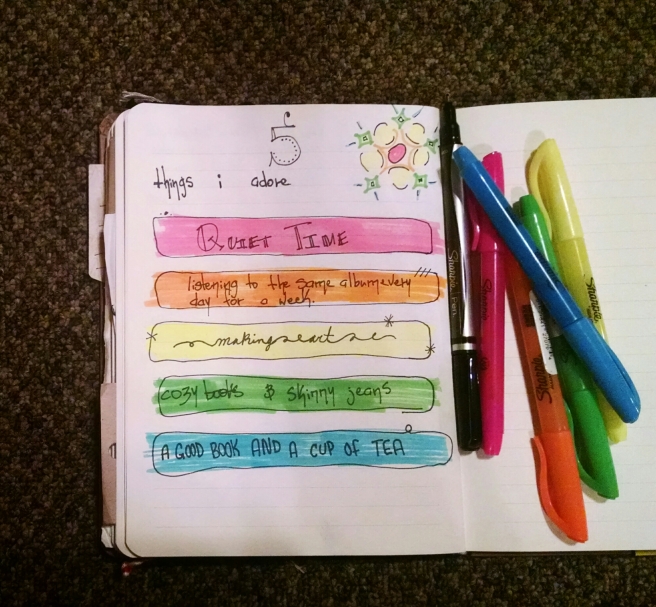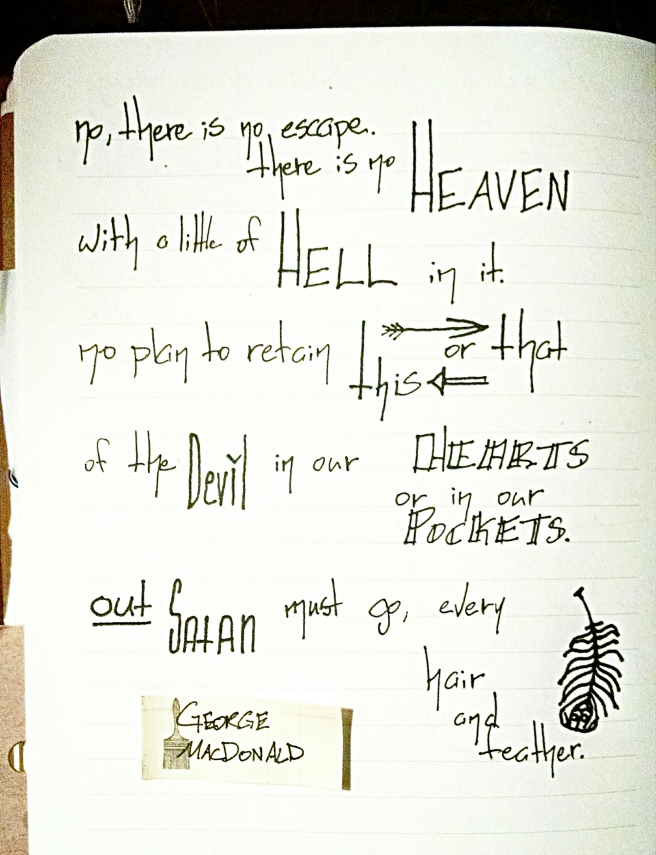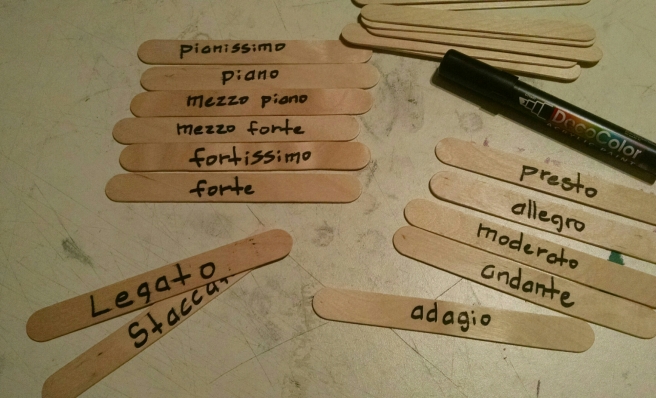For the last 18 months or so I have taught piano lessons. It’s a good way to bring in extra money, and I also enjoy it a lot. You learn best what you teach, and I am finding myself challenged and encouraged by it.
Keep in mind, my teaching situation-
- I teach families, privately in their homes
- I charge relatively little for my area
- I also offer lessons in basic theory, and occasionally supplement my student’s practice times with guitar or percussion
- I have no “formal training”, but took music lessons for three years. I live in a musical family and we all are involve in music in some way or another.
That said, here’s some tips I would offer to a music teacher just starting out.
- If you are teaching in someone else’s home, take off your shoes.
- Chew gum or use breath freshener before lessons. No student wants to smell your lunch on your breath.
- You are chewing gum, right? Spit it out before you meet your student. It’s just unprofessional.
- Use appropriate rewards. I try to steer away from candy, some kids can’t have it, and some parents don’t want it. I use stickers, but pencils, erasers, little toys, anything small and colorful works.
- Be honest with parents about the students progress. Having also been the parent who is asking the teacher how the child did in the lesson, if they are missing a book, were distracted or stubborn during the lesson, if anything seemed off, don’t hesitate to bring it up in a friendly, not accusatory manner.
- On that note, don’t be afraid to let a parent know about the payment schedule as well. You are doing a job and teaching is hard work. Don’t be squeamish talking about money. You deserve to be paid, same as a mechanic or contractor.
- The same goes for good news, as well! Hand it out freely! I always find at least one positive report to give to a parent after each lesson. Even something as simple as “Suzie is doing good with her fingering” or “I can tell Peter practiced a lot this week” is appreciated.
- Customize your approach to your student. I have one student who is encouraged and excited to tell me about her week and what she learned. I always encourage her to reiterate back to me what she learned in her theory book or during her practicing. I have another student who would be perfectly happy if she didn’t say a word to me for the whole lesson. I give her her space, she learns just fine, and everyone is happy.
- This is the most important. Find your style, your passion, your reason for teaching. That is what will sustain you during the rough times. For me, this is helping every student and every family learn how to use music to enrich and enhance their everyday life. Something as simple as learning to appreciate classical music or understand the basics of music theory, or ear training can make a big difference in test scores, memory, social skills, and overall wellness. I don’t expect any of my students to go on to Julliard or be professional musicians (although my goal is that they would all have to tools and skills to do that, if they want), but everyone can benefit from adding music to their life.
So there it is! A little of why I do what I do, and some advice, for what it’s worth. What is your advice to new teachers?
-RebekaLee


